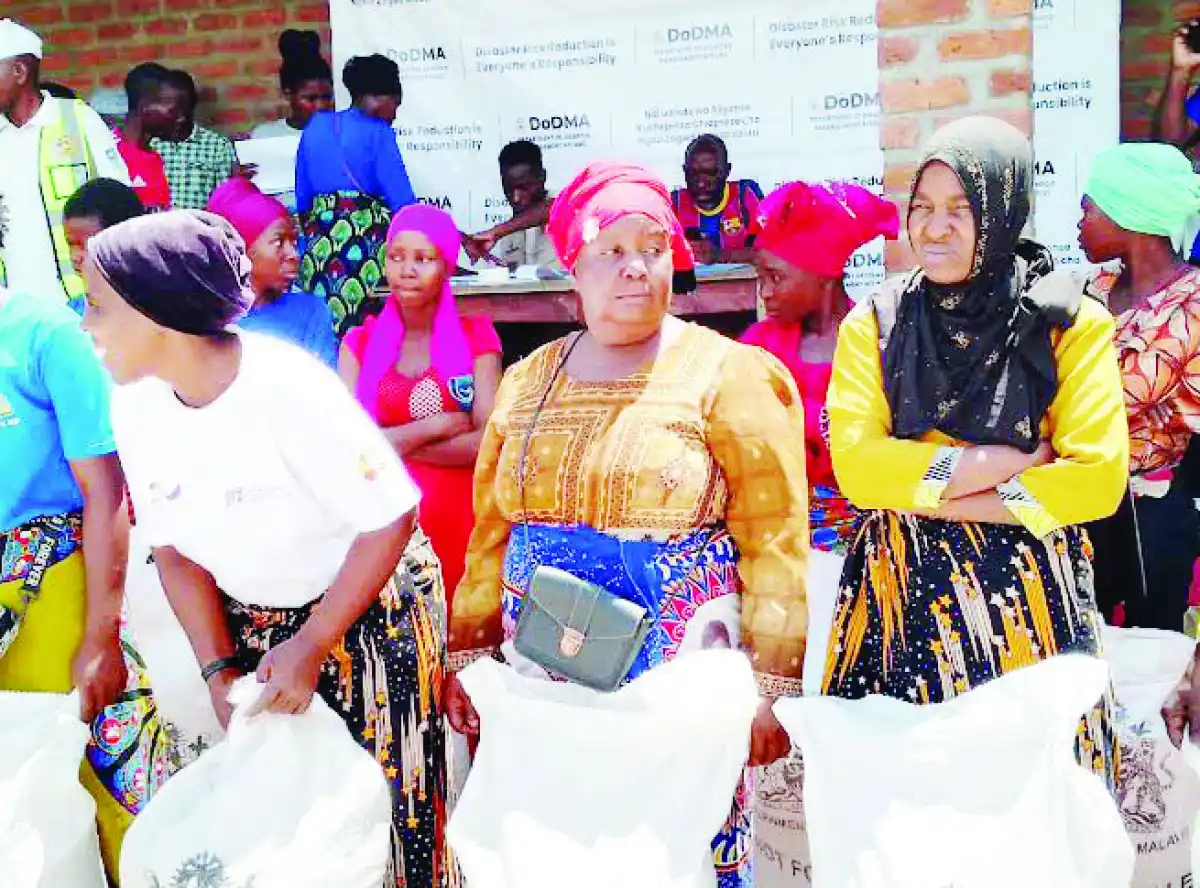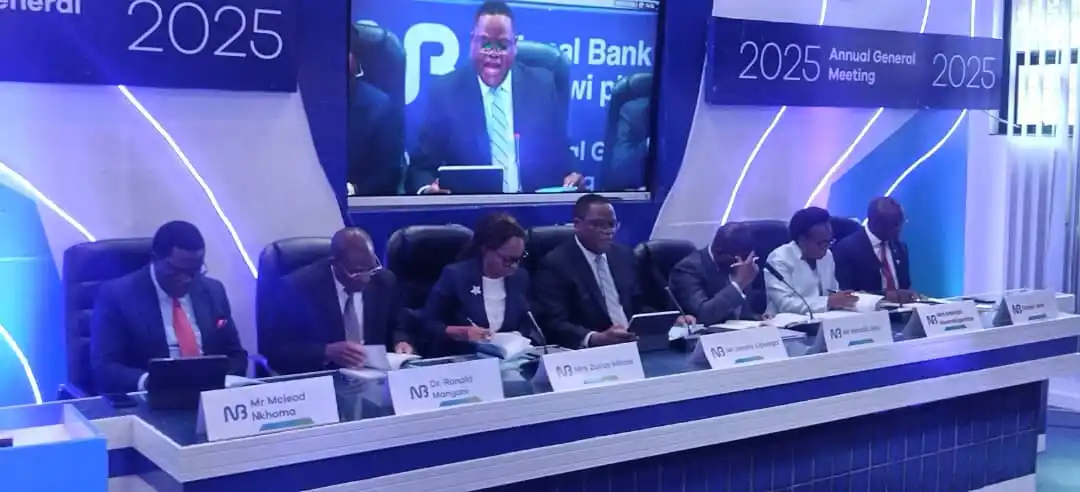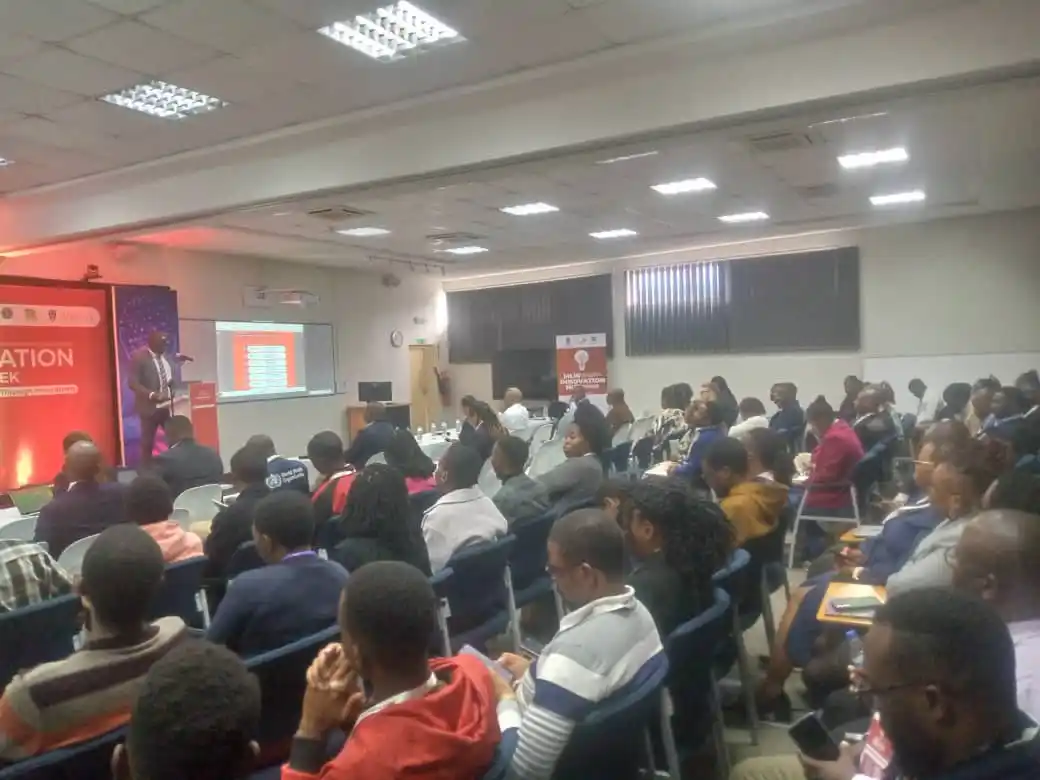

Director of Preparedness and Response at the Department of Disaster Management Affairs (Dodma) Moses Chimphepo has disclosed that the government has reached 4.5 million people through its maize distribution programme.
The initiative targets 5.7 million hunger-stricken people.
Chimphepo said this in Salima District, where Dodma officials are focusing on final distribution points of the Lean Season Food Insecurity Response Programme.
He said the government had provided 39,000 metric tonnes (mt) of maize to people, with other players, notably the World Food Programme, contributing an additional 11,000mt.
“We commenced this maize distribution exercise in the Southern Region in September. We are glad to say that processes are going on well,” Chimphepo said.
He said the government was committed to supporting all affected people, calling on targeted people not to sell the maize.
Malawi’s hunger problem has been exacerbated by Tropical Cyclone Freddy last year and El-Nino-induced dry spells earlier this year. The development has come at a time stakeholders from the Southern African Development Community (Sadc) have been calling for enhanced regional collaboration in emergency logistics to address the region’s growing vulnerability to natural disasters.
During discussions at the Southern Africa Regional Preparedness Workshop held in Namibia, representatives of countries across the region, including members of the World Food Programme (WFP) Malawi, Dodma and the national disaster management authorities of Zambia and Zimbabwe, it was felt that some challenges could not be addressed by individual countries and entities.
For instance, WFP Malawi Deputy Country Director Simon Denhere emphasised the critical need for partnerships to strengthen disaster response capabilities.
“If we have strong collaboration between us as countries and agencies, it becomes easier to address sudden disasters as a region than as a country. When one country is affected by disaster, all countries become engaged in terms of logistics.” he noted
Sadc Humanitarian Operations Centre Director Anderson Banda agreed, highlighting the cross-border nature of many disasters in the region.
“The region often experiences trans-border disasters, hence the need for collaboration,” Banda said.
Chimphepo also underscored the importance of prepositioning resources to improve disaster readiness.
“When we have resources prepositioned across the country, it becomes very easy to respond to sudden disasters than it is to start transporting resources when the disasters have already happened,” Chimphepo said.








0 Comments